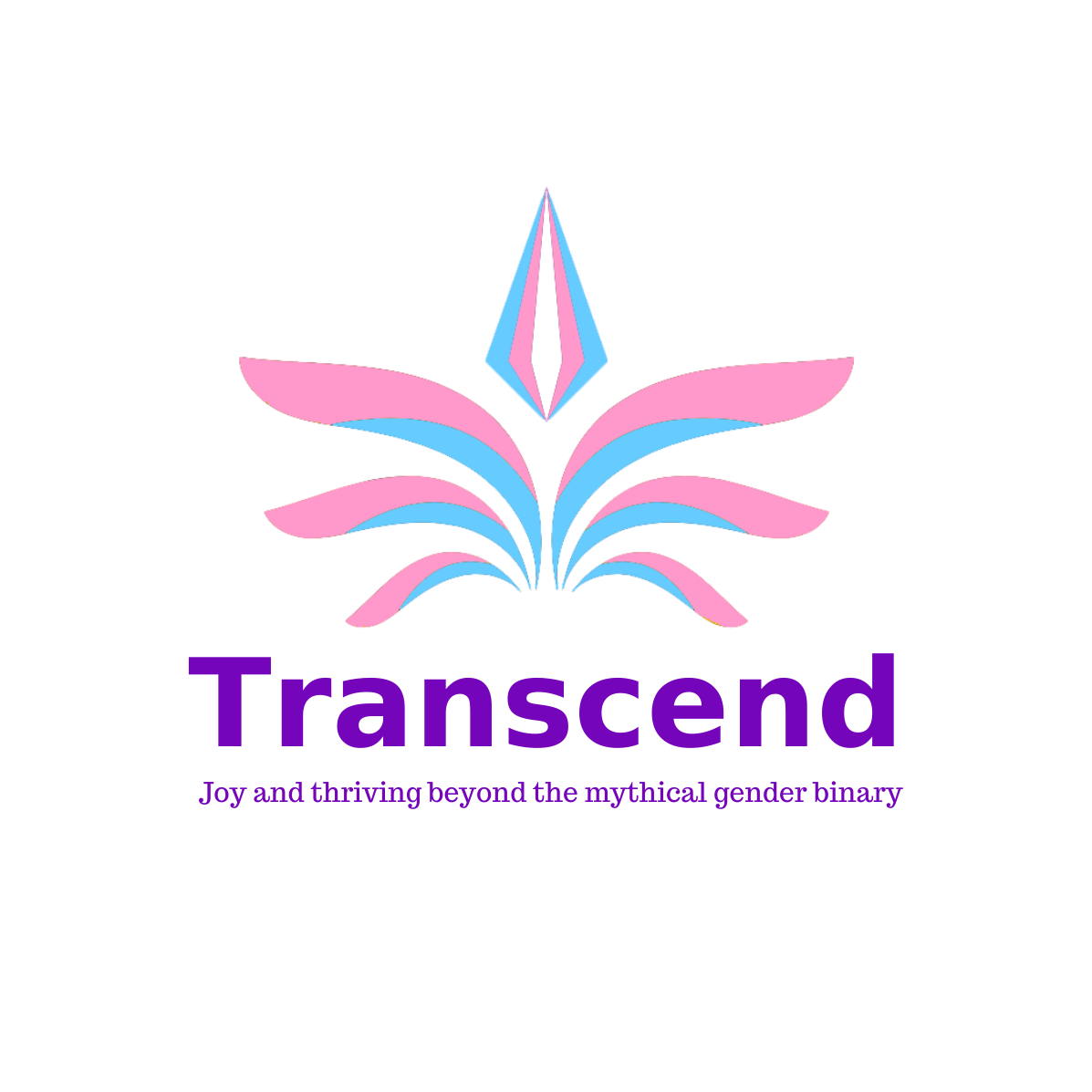What follows is a snapshot in time of the ever-changing universe of terminology around gender. (It is important to note that this is situated in the United States of America.)
…nearly every single word that refers to some aspect of transgender identities, bodies, or life experiences exists in a perpetual state of debate or dispute, with individual trans people espousing differing word preferences and alternative definitions… In response to the societal stigma that permeates everything associated with trans people (including the words used to describe us), we are constantly inventing new untainted terms and/or reclaiming, redefining, or eliminating older ones…
julia serano (http://www.juliaserano.com/terminology.html)
- Agender — A person who has no gender or no strong sense of their gender.
- Assigned sex — What a physician decides to declare our physical sex at birth, sometimes referred to as designated sex at birth. Often abbreviated as AFAB, AMAB (assigned female at birth, assigned male at birth).
- Cisgender (cis) — Referring or relating to a person whose sense of personal identity and gender corresponds with their gender assigned at birth. Typically used to refer to a person who is not trans or otherwise gender-expansive.
- Gender — A complex formation of socially-constructed roles, behaviors, activities, and attributes that are assigned gendered meaning. Gender is often (but not always) referred to in terms of femininity and masculinity and varies from culture to culture and person to person.
- Gender-confirming surgery — A variety of surgical procedures that may alter form and function of body parts, e.g. top surgery is a procedure some transmasculine people may access to remove chest tissue and reconstruct the chest. (Formerly referred to by some as sex reassignment surgery or gender reassignment surgery).
- It is critically important to note that some trans people pursue medical intervention and others do not and their gender in all cases is whatever they say it is.
- Gender dysphoria — Medical diagnosis to describe the distress experienced by a range of trans identities; often attributed to incongruence of gender identity and physical sex.
- Gender-expansive — When we say trans and gender-expansive, our intention is for this to fully include and embrace everyone who is not cisgender, including those in our community who are genderqueer, intersex, non-binary, Two Spirit, agender, as well as any and all other non-cisgender identities not explicitly named.
- Gender expression / presentation — How we express our gender(s). This need not be fixed and a person of any gender may express or present that any way they choose from one day to the next.
- Genderfluid — Denoting a person whose gender is not fixed.
- Gender identity — Our sense of self in terms of how we relate to our gender(s).
- Gender non-conforming — A person whose behavior and/or appearance does not conform to dominant social expectations about what is appropriate to their gender.
- Genderqueer / non-binary — Having a gender identity that is neither male nor female, is between or beyond genders, or is some combination of genders, in terms of expression and/or identity.
- Hormone replacement therapy (HRT) — Therapy involving hormones that affect secondary sex characteristics (e.g. body fat, hair growth, voice tone, etc.)
- Intersex — A general term used for a variety of conditions in which a person is born with a reproductive or sexual anatomy that dominant ideas and definitions of biological and physiological sex fail to accommodate.
- Non-binary — See genderqueer.
- Pronouns — Sometimes referred to as personal pronouns, these are typically shorter words used in place of a person’s name. The term “preferred” should be avoided when talking about pronouns because this makes it sound like using someone’s correct pronouns is optional.
- Puberty suppressant / puberty blockers — Medical treatment that delays the onset of puberty; this medication acts as a pause button and can be used to treat trans adolescents and teens to prevent emotional and psychological trauma associated with experiencing pubertal changes that do not match their gender identity.
- Queer — An inclusive, often political, identity used by some people to describe sexual and/or gender identities that don’t fit mainstream definitions. Once used most commonly as a slur, this word has been reclaimed by some LGBTQIA+ people.
- Sex — Distinct from gender, sex is a term used by the medical establishment that refers to biological and physiological characteristics, typically based on genitals, chromosomes, and/or internal reproductive organs. Physicians continue to assign newborns either male or female exclusively, ignoring intersex and trans people and reinforcing a mythical gender binary.
- Trans — Having a gender identity that is not commonly considered by dominant norms to match our assigned sex. Trans is commonly used as an umbrella term for a range of people, behaviors, expressions, and identities that challenge the dominant binary gender system.
- Transgender — See trans.
- Transsexual — Increasingly considered an outdated term, this refers to a person who identifies with a gender that differs from the sex they were assigned at birth and desires to access or has accessed medical transition, e.g. hormone therapy, surgical procedures. Originally used as a medical term.
- WPATH/ICATH/Endocrine Society — different standards of care used by medical and mental healthcare professionals to treat trans people.
- Some terminology adapted from the following sources:
- Bridge 13 at SMYRC (Sexual and Gender Minority Youth Resource Center)
- Portland State University Queer Resource Center
- Tribal Equity Toolkit 2.0
- Western States Center’s Gender Dominoes
- Neola Young and tash shatz.

